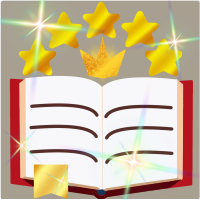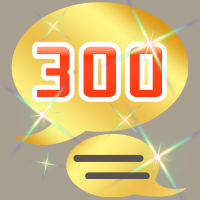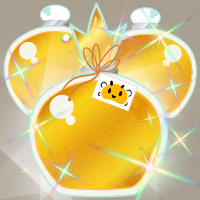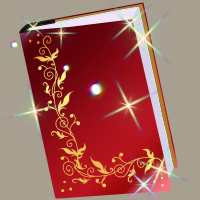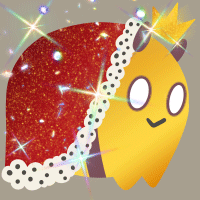Feb 23, 2024
To:Mo
To one who wants to cross the fence, there is the polar opposite of one who fears crossing it. So, when one intrudes on the other side of the fence, the one who fears the unknown catches a taste of it, and slowly that fence begins to break down. However, it is tough to break that fence down completely. This is seen in another common idea in this story- the idea of names.
In this story, a 'name' is very serious, synonymous with a 'title' in some scenarios. For Aelem, being a 'woman' is very strict in adhering to prerequisites. For Omen, being a 'friend' is very serious, as is later being a 'lover'. To a criminal, being a 'lover' means being 'free'. To a dragon, being 'named' is to be 'dead'. It is much more serious in commitment than the preconceived theme of 'masks'. One can wear a mask and take it off just as easily. In the eyes of others, it is their own perception that the mask warps. However, when one chooses to adhere to something seriously, it is their own perception that is warped. One can wear a wedding ring and will be perceived by others as 'married'. However, if one is not really married, this is a mask. To wear the ring but also call yourself a 'wife' or 'husband' is to live it as a truth. To 'declare' is to 'be' - a cat not declared dead is neither dead nor alive if not observed, and if one does not 'observe' themselves to 'be', then they are not. To a doll, who is nothing, he cannot be anything except for what is observed of him. He does not declare, and so he is only a knight.
Side note number 1: The reason I use red a lot as a descriptor is because it is my least favourite colour. This is also the reason why I do not use yellow a lot, because it is my favourite.
Side note 2: Dragon explanation. The Leviathan is very chidey, which is something one would expect from someone trying to wear another down. However, this is also indicative of a personality type- the thrillseeker. Does danger really matter to him in this aspect? A playful type, one who seeks fun- isn't this familiar? Aren't some things more important than others? To look at a mythical creature from a lense of a human is inherently strange. After all, the dragons do not seek control for fear of death- their wills are remnant, and have already died. To be a leviathan is to be a last hurrah, a finality upon death due to the work of cultists. So, for one who has already died, but yet lives, would one seek to live, or seek to live? I know I said the same thing twice, but it inherently means two different things, which I'll let you ponder on. It's a saying I've heard often- 'Is one who is just living, really living at all?'.
On the point of the dragon, besides being a 'thrillseeker', I wonder too if your lense towards the character has grown jaded as a reader. This is good for me as an author who wants to subvert expectations, but I wonder if you've decided to adhere to a stricter viewpoint inadvertently. After all, is wanting to succeed in taking over Aelem the only outcome? Of course, there hasn't really been any majour points that would say otherwise. However, from the start, the idea of a 'spectator' has been fresh on our minds. Isn't leading fate along the ideal scenario for a 'spectator'? One who can only manipulate and not interact with the material realm is sure to make big things happen. To lead the girl to the city knowing you may die- aren't some things more important than others?
Anyway, my point is to keep an open mind. This may be very shoddily and very quickly written, but you know that I love to set things up. Extreme planning is my specialty. -uo
As always, thank you for reading, my dearest reader. I appreciate your breakdowns and love reading them in return. It is the best gift someone could give me to care about something I made to this extent. I truly appreciate you. ^^
![]()
